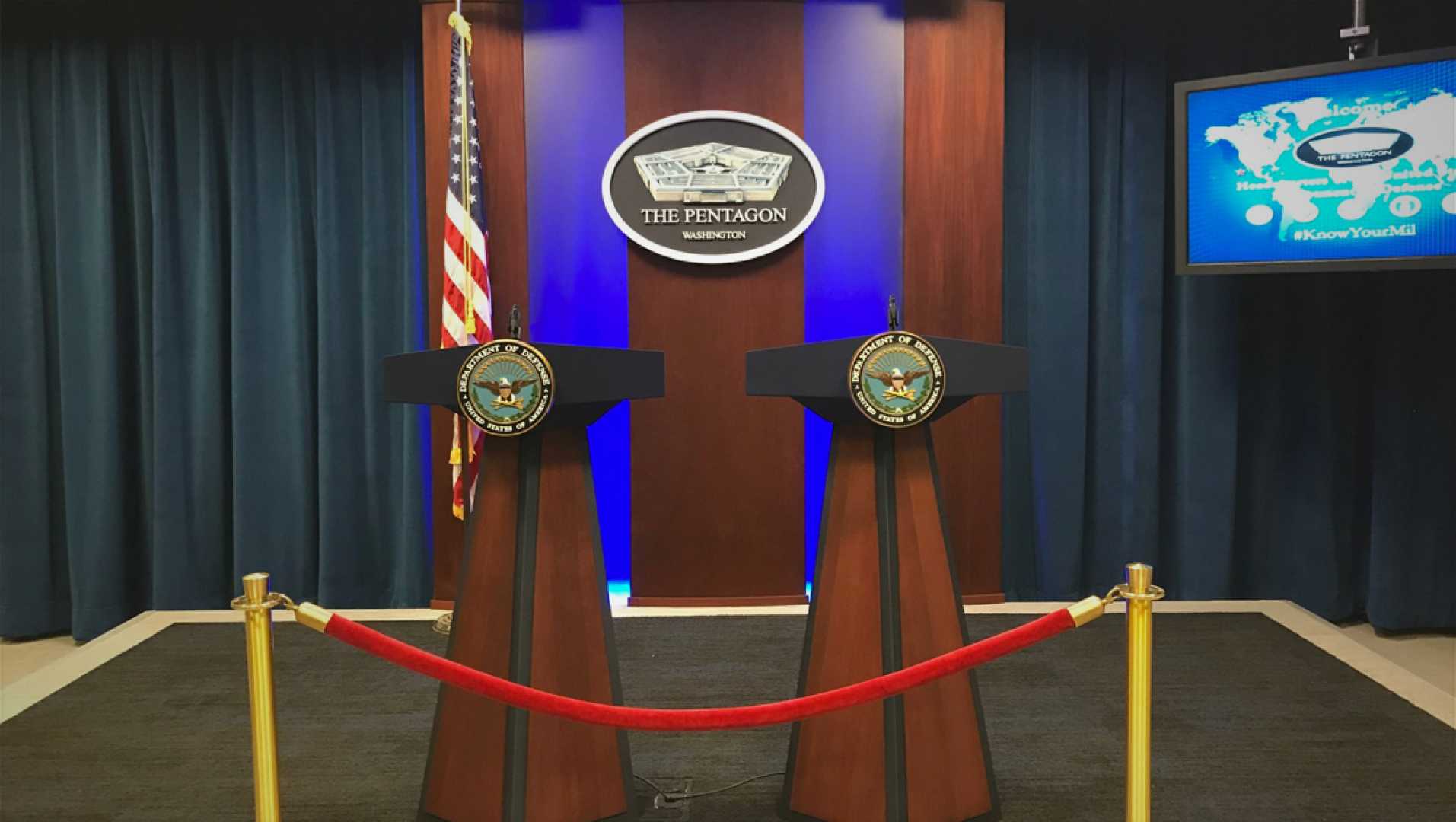News
New Pentagon Media Rotation Program Sparks Controversy Among Journalists

WASHINGTON — The Pentagon has sparked controversy with its recent announcement that longtime members of the press corps must vacate their office spaces to make way for right-leaning media outlets, including Breitbart News and One America News Network.
Under Defense Secretary Pete Hegseth‘s new media rotation program, which was revealed to the Pentagon press association, prominent outlets such as NBC, The New York Times, CNN, and NPR have been directed to leave their long-held offices by the upcoming Friday deadline. The initiative aims to create office space for media companies that are vocal supporters of the Trump administration.
The media rotation program has raised alarms about its implications for the relationship between the press and the military. Veteran journalist Kevin Baron, a former member of the Pentagon press corps, expressed deep concerns over the policy during an interview, labeling it an unprecedented move in the long history of military-media interactions.
“This isn’t just about space; it’s about a broader trend of constraining the press,” Baron said. “It implies that access to the Pentagon is a privilege that can be given or taken away at the whim of the administration.”
The memo detailing the media rotation program stated that all outlets currently occupying the designated spaces would still be allowed to cover briefings and be eligible for travel alongside defense officials. Nevertheless, the notion that time-honored journalism institutions are being ousted in favor of pro-Trump media has sparked discussions about press freedom and the fundamental rights enshrined in the U.S. Constitution.
The Pentagon, often regarded as one of the most open defense departments globally, is unique in that it permits credentialed journalists to roam nearly all parts of the building, save for classified areas. Baron, who has covered military matters worldwide, noted that the structure allowed for personal interactions between defense officials and reporters, ultimately fostering a collaborative spirit in pursuit of public accountability.
“It’s a space where we learn from each other,” Baron recalled. “In many instances, we were able to uncover truths that may have otherwise gone undisclosed.”
The announcement has prompted significant pushback from established news organizations, reaffirming their role as vital watchdogs that hold the government accountable. Journalists collectively argued that their right to report is not contingent upon the favor of the current administration.
The Pentagon’s new policy comes at a time when many media outlets are already grappling with significant cutbacks and shrinking resources. Some reporters fear that the changes could hinder their ability to solicit vital information in a timely manner and limit their access to critical discussions taking place within the Pentagon.
“The press corps has historically functioned as a tightly-knit group,” Baron explained. “Displacing these outlets creates uncertainty about who holds the power in these interactions.”
There is also rising concern that Hegseth’s decisions indicate an ongoing eroding of the First Amendment. The National Press Club remarked that such measures signal a disheartening pattern of press containment, threatening journalists’ ability to function independently.
According to reports, the Pentagon spends more than any other country in military expenditures, accounting for roughly 40% of global military spending. Media coverage, Baron emphasized, is instrumental in monitoring how taxpayer funds are allocated and ensuring that military operations align with American values.
As seasoned reporters find themselves vacating their offices, the Pentagon appears to be focusing on altering the narrative around military engagement and U.S. defense policy. The long-term implications of these shifts remain to be seen, as the complexities of global security continue to evolve.
Baron left the audience with a final thought: “Press freedom is not just a privilege but a responsibility. We must hold those in power accountable, whichever side of the political aisle they may be from.”












